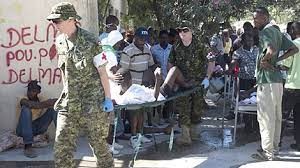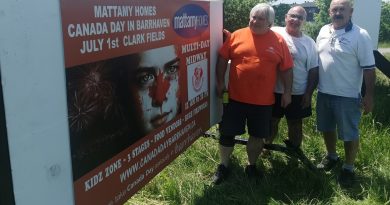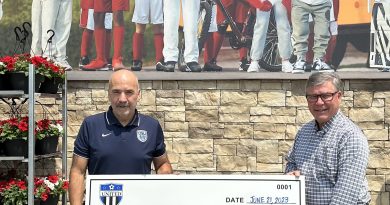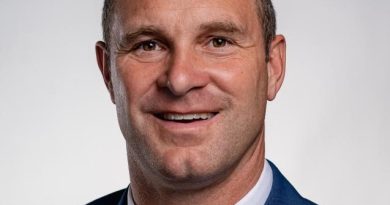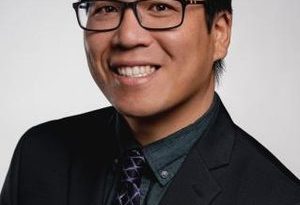Councillor Recalls A Moment That Has Stayed With Him
By David Hill, Barrhaven West Councillor
I am so grateful to have completed a 25-year career with the Canadian Army before the 2022 municipal election. Those experiences shaped my decision making and my perception and as such, I will, from time to time write an article or two that highlight some of those experiences and lessons learned. Today’s topic: An unforeseen meeting with one of the architects of the Haitian uprising in 2004.
This operation was my first deployment. I deployed as the operations officer – coordinating the daily patrols, search operations, and training events with the Haitian police. I was junior, but led by two experienced and capable leaders as a part of our company group of 200 troops. About five months into the deployment, our Major was sent on a four-day R&R to the Dominican Republic, and as misfortune would have it, we had a porta-potty cleaning contract problem at the same time (trust me – in the 40 degree heat, this is a big deal!), our second in command flew to Port au Prince for a day to fix this issue, leaving inexperienced me in charge of the company group… what could possibly go wrong!
Not three hours after his departure the front gate called the ops room to inform us that ‘Ti-Will’, one of the architects of the uprising, was at the front of the base asking to speak to the Commander… well, I was up! I wasn’t sure whether we should be arresting him or denying him access to the base – but I settled on stalling. I brought him into our dining area and decided to hear him out while the ops room feverously called to our higher headquarters and Canadian representatives in order to get their direction. Over the course of our conversation, I learned a heck of a lot.
I learned that he never went to school. That his father was a police officer. That as a kid he spent his time following along with his dad and cleaning his equipment. As he aged, he became skilled at cleaning and repairing police firearms and cars and essentially became the maintenance supporter for the Gonaives police force. However, as a young adult, he became disenfranchised with the corruption of the force and upon meeting other likeminded Haitians who wanted to see government change, came up with a tactical plan. At the end of a routine day, he took all of the serviceable weapons home for ‘maintenance’ and left the damaged and broken equipment on site. Then they set a fire at the station. When the police arrived, they attacked and with almost no resistance, they took control. It happened so easily that other cities in Haiti sought to do the same, which led to the Canadian forces and a battalion of Marines landed as an interim peacekeeping force. The local insurrectionists realized that they had no real logistics or capacity to continue, so they went back to their lives having made their point. What I remember most acutely were the scars that he had – on his knuckles, hands and face.
What he wanted from me was his personal pistol, which was confiscated during a recent raid. I said no as I didn’t have the authority and then I was directed to let him go. It was a surreal experience for a 25-year-old who aged about a decade that day. I learned that adversaries are human and everyone has a backstory that got them to where they are in life. I learned about the murkiness of fairness, the need for consistency in justice, and how the civil society can react destructively when government fails its basic duties. It was a key moment in my early career that stays with me today.

